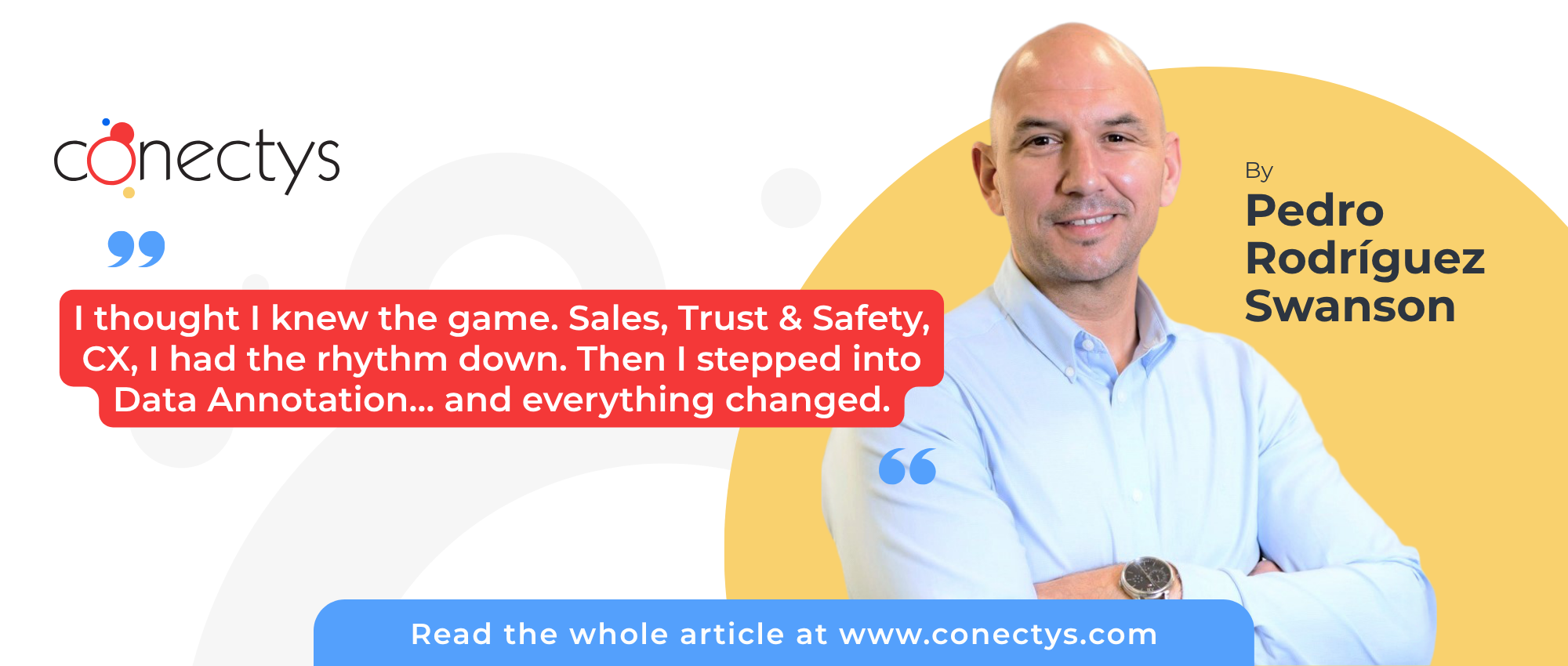First: why is customer loyalty even important?
Aren’t the end financials of a business the most important metric to consider? Of course, those are often paramount. But even going back to 2015, we had data — based on the analysis of mergers and acquisitions in multiple industries — that a company’s relationship to its customers had more financial value than even conventional elements of “branding,” i.e. the company’s logo.
The common metric in this world is often CLV, or Customer Lifetime Value, but there are different ways to track and quantify loyalty. Marketing Week lays out the argument well: strong customer relationships are actually the cornerstone of financial success, especially in industries where new competitors can spring up constantly. If you have a relatively low barrier to entry for your vertical/industry, rivals can come in and beat you on any number of fronts — including cost.
But if you have truly loyal customers that you’ve done right by over the years, they’re not going anywhere. And while growth might be a challenge in that particular situation, the recurring revenue from those customers will be there. That’s a good bedrock.
But BPOs can’t help with this, right? BPOs are cost arbitrage, aren’t they?
Incorrect. Well, partially correct, but largely incorrect.
Some organizations look at BPOs and think “this is a cost play.” That is certainly one way to consider the process of outsourcing aspects of your business.
The smarter organizations look at BPOs and think “Hmmm, this could be a strategic partnership.”
How is that?
BPOs have other clients besides you. They’ve worked in specific geographic areas. They understand how business is done there. They know what it takes to scale. They often have seen a wide variety of different business situations and know how to react, whereas your core team might not — especially in a new region you’re aiming to grow in. BPOs can impart a huge amount of knowledge to you and help you scale.
So how could a BPO help with customer loyalty?
This is about keeping online communities safe and engaged. That is how loyalty will be built. Customer loyalty is elevated when a partner helps you to understand the local culture, speak the right language, promote positive online behavior, and contribute to the overall development of the community. Let’s walk through what that looks like in practice.
Think about this in the context of content moderation.
If you are a user of an online community, and you desire to contribute to that community (user-generated content, or UGC), you want something you post to show up immediately, and you want people to have the ability to respond to it. Immediacy and impact are important for us as digital contributors.
But on the corporate side of that online platform, they want that too (good) — but they also can’t have people posting inappropriate content such as bullying, trivial content, etc. all day, because that will alienate most of the users (bad).
So there is a constant dance between “Pleasing the immediate needs of the user!” and “Keeping the community safe!”
When you please the users and keep the community free of Inappropriate content, now you have happy users (customers).
Now you are building loyalty.
Organizations that use BPOs for content moderation get the right intersection of keeping users happy and keeping users safe.
When a user feels safe and respected + also is able to get the serotonin uptick of seeing their content go live and people respond to it, they will be loyal longer-term.
So we should think differently about partnering with BPOs?
Yes. It’s not solely a cost decision. Cost should be part of the discussion you have internally, of course. But the right BPO can help drive customer loyalty at scale. Instead, think of it as a value decision. Value can come in the form of cost savings and/or in the form of providing increased quality, care, process, scalability, etc.
Some considerations:
- Can the potential BPO partner match the growth of your company and the complexity of content? For example: Do they have multiple locations globally and expertise in different regions and industries/verticals? Could they help you localize by building native and culturally-aligned teams, regardless of your existing global footprint? If your business is growing, can the pricing structure and contracts be flexible? Can the contracts account for seasonal shifts in moderation needs or general capacity requirements? For an outsourcing partner to help you scale, the partner needs to be thinking of the relationship as long-term, as opposed to high-margin, short-term, and onto the next partnership.
- Can the BPO partner contribute value through policy, quality, performance scorecards development or assistance? You ideally want to find a partner in UGC and community moderation who is more than simply transactional — you want advice and best practices from this business relationship too. If you’re working with an expert, you should expect both strategy and execution. Look for a company that is present in different geographies and has a proven track record with work-from-home models. (This has become increasingly relevant with pandemics such as coronavirus, where keeping employees apart for periods of time is a strategic and moral decision.) . That way, if you want to enter a new geography, they can walk you through best practices for that region based on their previous work with those located there. Would the partner offer broader training opportunities for moderators?















